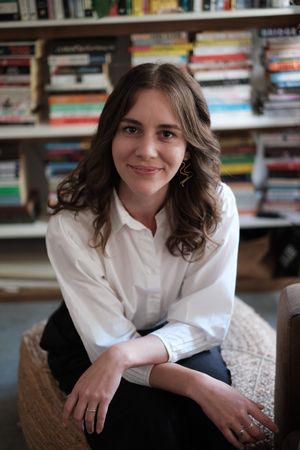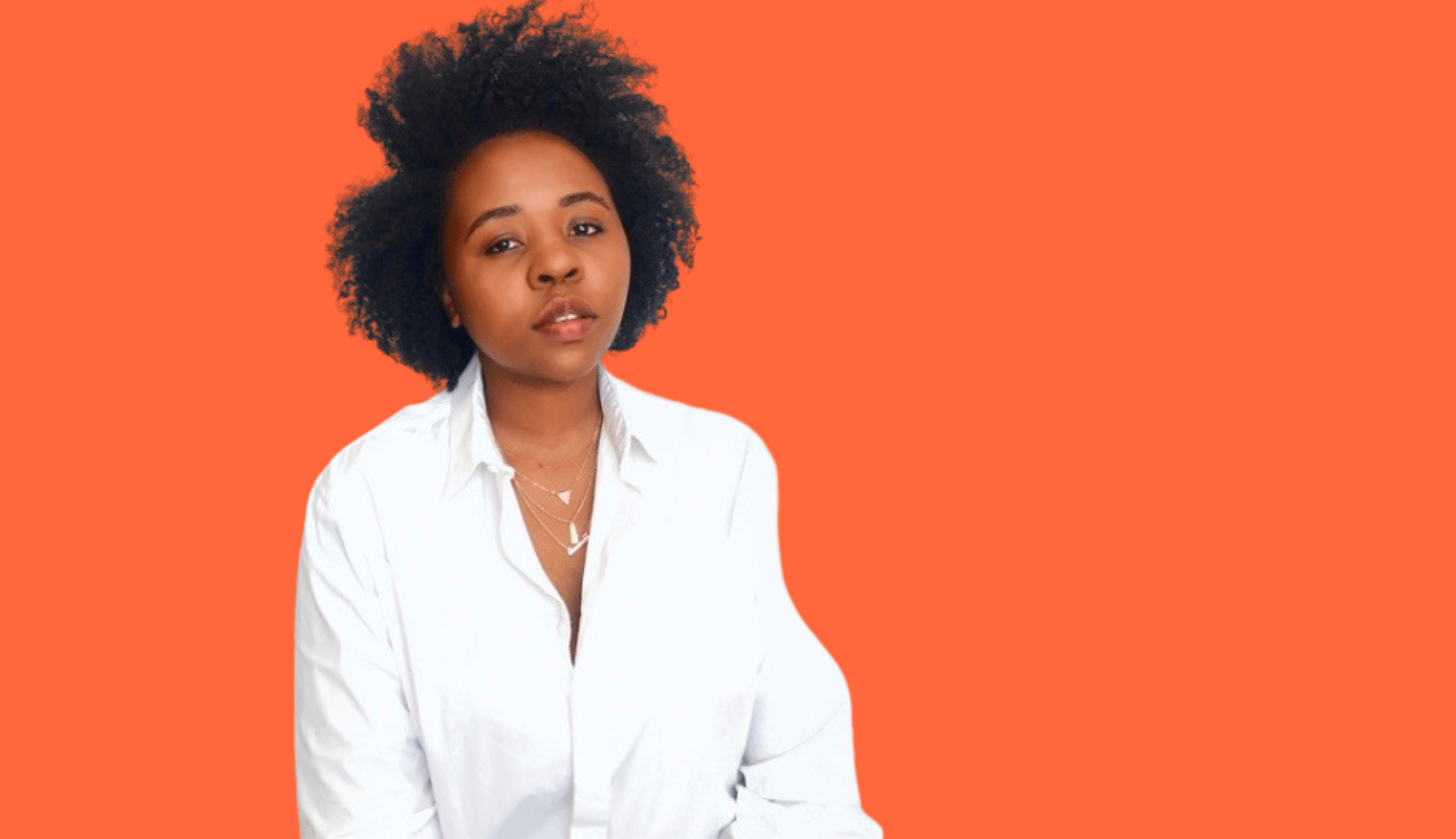Investing isn’t just about growing your money and earning interest – that’s important, sure, but it’s so much more than that: it’s reaching your big, auspicious life goals, or having pride in being able to provide for your child, or proving yourself (and maybe others) wrong.
This is something we know deep down at Franc. It’s the reason our app is designed around your goals, not your funds – because those are the things that matter. And that’s why it’s so important that we get feedback about how investing has helped change people’s lives, and helped them reach their goals – because that, at the end of the day, is what really matters to us.
We were very excited to sit down with Jennifer Nxumalo – financial content creator by night, civil administrator by day, and mom 24/7 – to chat about her own personal financial journey and what she’s learnt over the years. She’s made it her mission to help others improve their financial education and achieve their dreams, just like she did. And her most important goal right now? Setting her daughter up for success in her future. Here’s her story.
Franc CEO Thomas Brennan chats to Jennifer Nxumalo about investing for her child.
A rocky start to financial life
“As a child, I grew up in poverty. I lost my dad – the breadwinner of the house – at a very young age. He was the person who knew how to make money, so when he passed on, we were left stranded and we didn't have much income coming in. And that came with things that were not so nice to experience as a child. You could see there was no money.
When I finished Grade 12, I went to university through NSFAS (National Student Financial Aid Scheme). The funding was secured, but to accept the offer, you needed to pay R500. I didn't know where I was going to get that money from.
I did eventually get the money, accepted the offer and started studying. And all those years in university, it was hard. Even though I had NSFAS, it's not enough to cover everything, but you can't run back home and ask for things. Once in a while you get money from your parent, and even though it was never a substantial amount, you had to make do with that.
So I started working as soon as I could. But I found myself repeating the same mistakes that my mother had made when I was younger and getting into a perpetual cycle of debt: credit cards and personal loans. Those were things that we survived through, what we survived by.
I didn’t know how to get out of that debt. Which is why I eventually decided to expose myself to financial education: I started watching videos and reading books.
I’ve never looked back. I made it my mission to not repeat the same cycles that I had seen growing up. But more than anything, I wanted to see something different for myself, something that I haven't seen in many of our communities: financial freedom. The ability to say, ‘I choose to go to work not because I am forced by the responsibilities that I have, or the fact that I need this money, but because I want to.’
And so that is my drive right now. That is what I want for myself. And I'm hoping that, as I share that on my platforms, that it inspires people to want that for themselves as well.”
How Jennifer approached finances for her daughter
“From the moment I knew that I was going to have a child, I knew that [investing in her future] was something I was going to be prioritising because I never want to subject her to what I went through. I never want my child to have to fend for herself or rely on the government.
The moment she turned two, I started an investment for her. But it wasn’t the best start. Back then when I had her, I still didn't have much clue about finances. And so I spoke to my colleagues at work to find out how they saved and invested for their children. There was this one colleague who was so good with money, and she told me about a bank where she had been saving in a product for kids.
I spoke to a financial advisor there and because I didn't have all the information, they ended up selling me something that was completely different from what this colleague had suggested: an endowment. And if you know endowments, they are very heavy with fees.
When I went back to check how much was in the fund, to my surprise, that money hadn’t been growing at all. And the problem is, most of the time you don’t know how your investment is performing. You can't see how much money is in there per month. You don't have access to any of that. So you're just giving them money and trusting that they are putting it in the right places.
I wanted something that would give me more control. I did my research into some DIY platforms where I can see how my investment is performing. But I realised that with these other platforms, setting up a child account was very complicated.
And then I heard that Franc, which I had already been investing through, had introduced the Child Account feature, and I immediately opened a Child Account for my daughter. I think it was around 10pm at night, but within 30 minutes, I was done. I love that I'm able to see how my daughter’s account is performing, and how much money is in there."
3 Tips Jennifer learnt when investing for her daughter
As you can tell from Jennifer’s story, she had to learn a few hard lessons before she finally settled on an investment strategy that worked for her.
When it comes to investing for her daughter, here are the three tips she’s picked up along the way that she thinks all parents should keep in mind:
- Expose yourself to financial education. “I got into that first financial product because I didn't know much about finances or the terms used. Don’t take financial advice from a professional at face value without getting the information yourself first.”
- When it comes to investing for your child, start early. “The moment your child has arrived and you have that birth certificate, start investing – you want to benefit from the compound interest.”
- Factor in inflation. “You don’t have to start with a lot of money, but always be cognisant that there's inflation and things go up. Every year I increase my contribution by 10%. I'm thinking that by the time my daughter is 18, the price of education today will not be the price of education tomorrow.”
Jennifer’s last piece of financial advice
When we asked Jennifer what last piece of financial advice she’d want to share with other investors, this is what she had to say:
“Money is a tool. And once you understand that money is a tool, then you stop working for money and money starts working for you. But for that to happen, you need to channel it properly. You need to make wise financial decisions. And that starts with education.
So that's what I would tell other investors because I've always worked for money. But now I think, what do I want for my life? And because I want financial freedom, I am now channelling my money to work towards that for me.”










